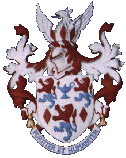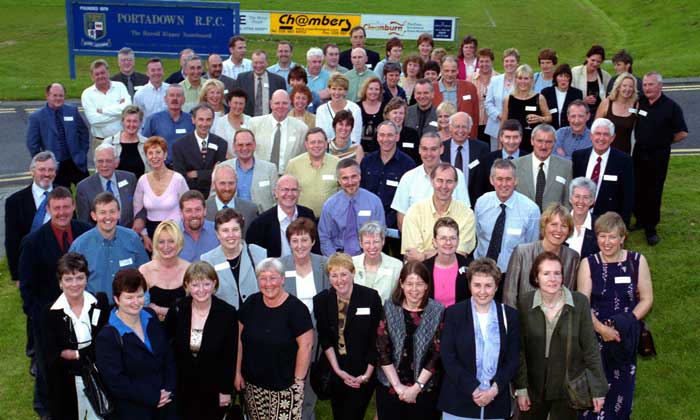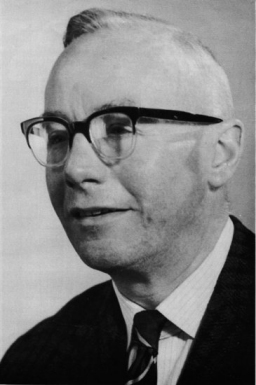In 1965 the school was a traditional Grammar school where pupils from the local urban and rural primary schools transferred in at eleven years of age. The pupils in all classes had to sit the 11+ exam and they represented the top 25% of the school population, who wished to attend a Grammar school. I cannot remember what the arrangement was for pupils who attended the "Prep" Department but I believe it was possible to purchase a place or sit a review at the end of first-year for pupils who did not qualify at 11.
Today some would see this as elitism, never once did I see it as anything other than a good investment for parents to make on behalf of their children. Class is one of those things that we choose to let offend us, or not as is so in my case. I now subscribe to the view that if you do not own the means of production you are working class and this encompasses virtually everyone in society.
In 1965 it must have been an unsettling change of culture for those pupils transferring from primary schools with less than 50 fifty pupils to a large urban school, fast approaching 800 or 900 pupils with its own Preparatory Department on site. One of most notable changes was the switch to inside toilet facilities and showers, which primary schools and many homes did not have at that time. Most of us attended very old church schools where the buildings had very basic facilities. The modern build of PC was the height of luxury and it must have been such a change for the teaching staff who had taught previously in the old school in Edenderry.
Gradually,
as we progressed through the school the new “Dickson Plan” stared to take its
course and we lost the junior classes, as entry was switched from 11 to 14
years of age. Paradoxically, the school today embraces a much wider grouping
than the narrower 25% entry in 1965 but still manages to be competitive
statistically with the more traditional Grammar schools. Even then,
We had a wide range of activities on offer to us, which kept
us in school until five o’clock most evenings. Mr Woodman was always on site
and his day was extremely long and busy. He wanted us to have an education
based on the classics and the school had the character of a minor public
school. However, this did not stop him embracing the challenges of the
"Dickson Plan" which changed the character of the school by adopting
elements of a quasi-comprehensive system. To complement the formal learning he
encouraged us to be involved in the numerous clubs and societies on offer.
These activities included rugby, hockey, cricket, weight-training, Boy Scouts,
athletics, badminton, tennis, golf, netball, volleyball, debating society,
orchestra, Scripture Union, drama & school play, local & foreign trips,
junior & senior school choirs, Duke of Edinburgh, Army Cadet Force, camera
club, music club folk, popular & blues and a range of voluntary and
community activities both local and international. Many of these sporting
activities were hotly contested during the inter-house matches between Seale,
McCallum and Shillington.
One of the most memorable events was the massive effort by the whole school to
raise money to send ambulances overland to
Since its foundation there have been four
principals, although the length of tenure has decreased, probably owing to the
more pressurised and competitive world of education. Each principal has added their
own character and leadership direction to enable the school to maintain its
status as a quality learning institution. In retrospect, I believe that Mr
Woodman's selflessness and his long hours, both on and off site, were major
contributory factors in his early death. We owe him so much but he knew how
much we loved and respected him.
Mr W J Warren (1924 - 1946);
Mr W J Woodman MBE (1946
- 1973);
Mr Harry Armstrong
(1973 - 1993);
Mr T W F Flannagan
(1993 - 2006);
Mrs D O'Hare (2006 -
2009).


